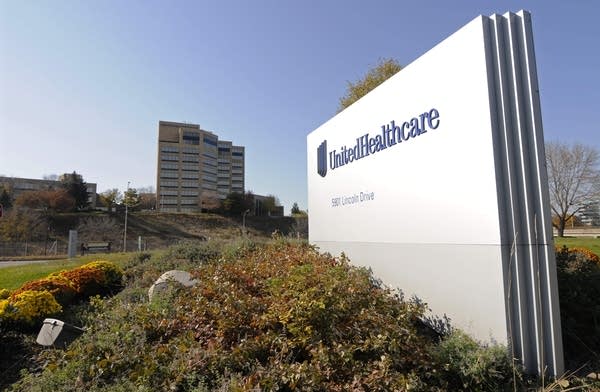UnitedHealth beats expectations all around, stock still lags

A portion of The UnitedHealth Group's campus in Minnetonka, Minn.
Jim Mone | AP 2012
Go Deeper.
Create an account or log in to save stories.
Like this?
Thanks for liking this story! We have added it to a list of your favorite stories.


